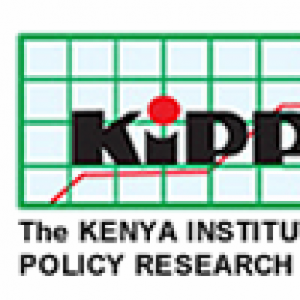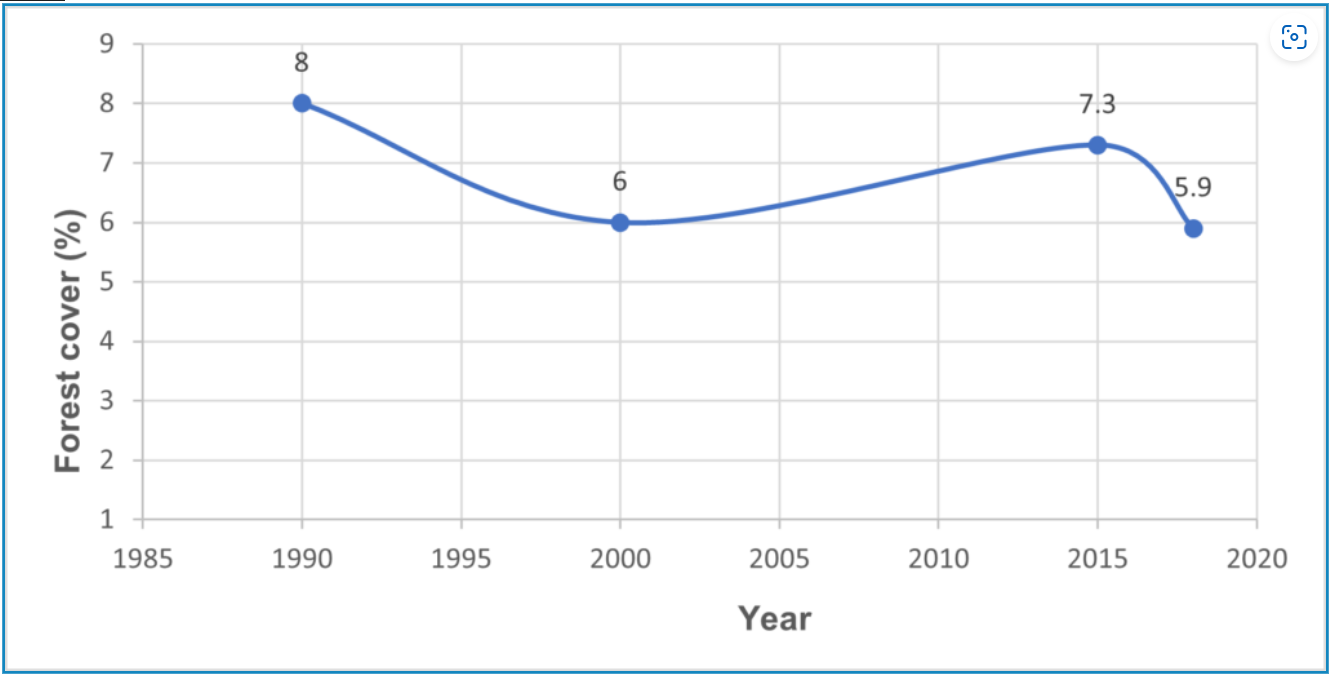Introduction
A youth is a person between 17 and 35 years. Youth transformation refers to the process by which young people undergo significant changes in various aspects of their life. It can be influenced by numerous factors including education, cultural background, peer influence and exposure to new experience. Since gaining independence countries around the world have recognized the importance of investing in their youth for secure sustainable development by improving the lives that the youth lead, giving them more freedom and opportunities to live the life they value.
Since independence in 1963, some policies have been implemented to articulate the youth’s empowerment and development objectives within the cKenya’s context. Youth employment and economic empowerment is one of them. Kenya has implemented reforms in education through government funding programs that facilitate learning thus to addressing youth unemployment and promote economic opportunities. Initiatives to support entrepreneurship, vocational training and job creation as well as establishment of the national youth service and the youth development fund have also come in handy. Youth empowerment has led to poverty reduction, social stability, economic growth and innovation and entrepreneurship.
Key milestone Kenya has made towards fulfillment of the transformation agenda for the youth
The promulgation of the Kenya constitution 2010 is a key milestone that bears articles which guide and protect the rights of youths. Such articles include; article 55 which states that the state shall take measures including affirmative action programs to ensure that the youth access relevant education and training, access employment and also ensure that the youths are protected from harmful cultural practice and exploitation. In addition, article 27 states that equality and freedom from discrimination underscore the principle of equality and prohibits discrimination in all its forms and affirms the right to equal treatment and opportunities regardless of the background and characteristics of the entire individual. Moreover, youth empowerment programs play a crucial role in fostering personal and professional development equipping youth with skills knowledge and opportunities. Lastly the government has ensured that the youths are engaged in decision-making process and policy development. Initiatives like National Youth Council’s forums and inclusive policies provide a platform for youth’s voices to be heard.
Key limitations of the youth’s transformation agenda
In as much as there have been efforts to implement youths’ transformation agenda there is also limitations that can hinder the effective realization of youth transformation goals such as; Lack of financial resource can prevent young people from pursuing higher education or vocational training restricting their ability to economic development. Discrimination and bias on the basis of gender and ethnicity also hinders youth transformation. This prevents youth from accessing employment opportunities or advancing in their careers. It often persists in the workforce with women facing barriers to equal employment opportunities career advancement and fair wages. Skills mismatch is another key limitation where by the skills possessed by the workforce does not align with the requirement of available jobs. This can lead to unemployment or underemployment hindering overall productivity. Addressing these limitations requires a coordinated approach involving government institutions. Efforts should be made to overcome systematic challenges and create an environment conducive to the holistic development of young people.
Public policy recommendation in pursuit of the youth’s future aspiration
Therefore, in pursuit of the youth’s future aspiration effective policy recommendation that can contribute to holistic development and fulfillment of the aspiration of young individual can include:
- Youth employment and entrepreneurship programs that target employment programs for vulnerable youth populations including young women, refugees and rural youths to improve their access to decent work opportunities.
- Advanced technology skills to be infused into the education system to ensure access to quality education for youths regardless of gender and social background.
- Expand access to scholarship to enhance training programs that equip young people especially those from disadvantaged communities with the technical and soft skills needed to succeed in their workplace.
- Launch public awareness campaigns to challenge gender stereotype, promote positive role models and encourage youth to challenge discrimination practices in their communities and workplace. Gender inequality should be addressed to unlock the full potential of young and fostering inclusive and sustainable development.
- Efforts to promote gender equality should focus on challenging discriminatory norms and practices that hinder equal access to education and economic opportunities that empower young women to participate in decision-making process.
- Promotion of Science Technology Engineering and Mathematics (STEM) by encouraging more young people especially women to pursue studies and careers in science technology engineering and mathematics field through targeted outreach programs, scholarships and mentorship initiatives.
Conclusion
Youth transformation agenda reflects on the commitment of nurturing the potential of the youth while commendable milestones have been achieved, it is essential to address existing limitations and strategically plan for the future through targeted policy reforms and a concerted effort from government, civil society and private sector. Looking ahead, the future projection for Kenya’s youth transformation agenda must prioritize inclusive policies and programs that address those systematic barriers. Investments in educational and skills development should be coupled with efforts to create enabling environment for youth entrepreneurship and employment. Additionally tackling gender inequalities promotes youth participation in decision making process and combating corruption. The journey towards youth transformation is ongoing and with thoughtful policy intervention, it holds the promise of unlocking the full potential of the nation.
Author: Rodah Mokeira, Student, Sigalagala National Polytechnic





